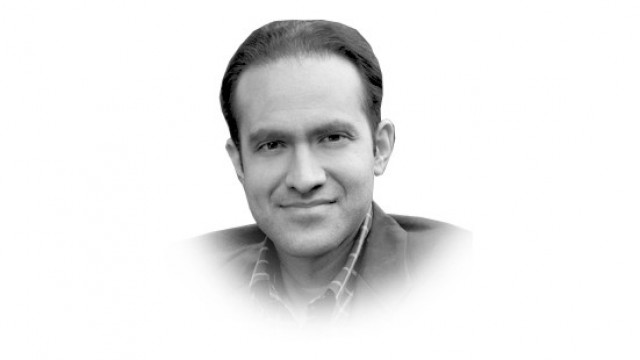Sending the fanatics a clear message

The irony is that fanatics everywhere speak triumphantly of how strong their faiths are and are growing worldwide. Yet, if they are so secure in the message of their faiths, why do they feel compelled to persecute people with whom they disagree with? The reality is that fanaticism among Muslims will grow weak precisely because of such intolerance. Many Iranians converted to the Bahai faith because the intolerance they faced in a country ruled by clerics. We are seeing the same trend among Muslims worldwide.
I believe firmly that unless the mainstream claims their religion back from the fanatics, we will be left with a group of ruling fanatics in Muslim countries with all the educated professionals fleeing to the west. The fastest growing faith tradition in most parts of the world is no longer Islam. Christianity is growing faster than Islam in Africa and South America. While data is hard to come by, based on my fieldwork in many parts of the world, I can state with anecdotal confidence that the numbers of Ahmadis and Bahais are growing fast, mainly because what they offer is more tolerant and peaceful than what is heard in most mosques from Jakarta to Casablanca.
Pakistan’s only Nobel laureate was an Ahmadi who took great pride in his country. However, because of the state’s persecution of his faith he could not even open a research centre. This is a shame and a loss for all Pakistanis who are in a deep conspiratorial neurosis. Any time there is a problem, they blame minority communities with little evidence whatsoever. Our media is complicit in this nonsense-mongering and no political party can be exonerated from blame either.
So what do we do? When anti-Semitism became rampant in Europe the solution in many countries was to declare Holocaust denial a crime. Even though this may have appeared a contradiction to norms of free speech it was necessary. Pakistan may have to undertake similar drastic measures to make hate speech against any minority a crime. Let’s work together to make it clear to fanatical clerics and politicians that we cannot tolerate hatred towards any faith tradition.
Although any law against hate-speech is unlikely to pass in our parliament, our media can turn its vigilantism towards finding out which clerics are engaged in such hate speech. Citizen journalists can record and document such nonsense and expose the culprits in the public domain.
Recovering from such collective lunacy will take time for Pakistanis but let us not despair. On my taxi ride today along the Mekong, the driver asked me where I was from. Upon hearing my reply he said: “Pakistan – big problems!” He paused somberly and then in his broken English continued: “But worry not. Vietnam big problems many years ago — but now fine.”
Published in the Express Tribune, May 30th, 2010.



















COMMENTS
Comments are moderated and generally will be posted if they are on-topic and not abusive.
For more information, please see our Comments FAQ